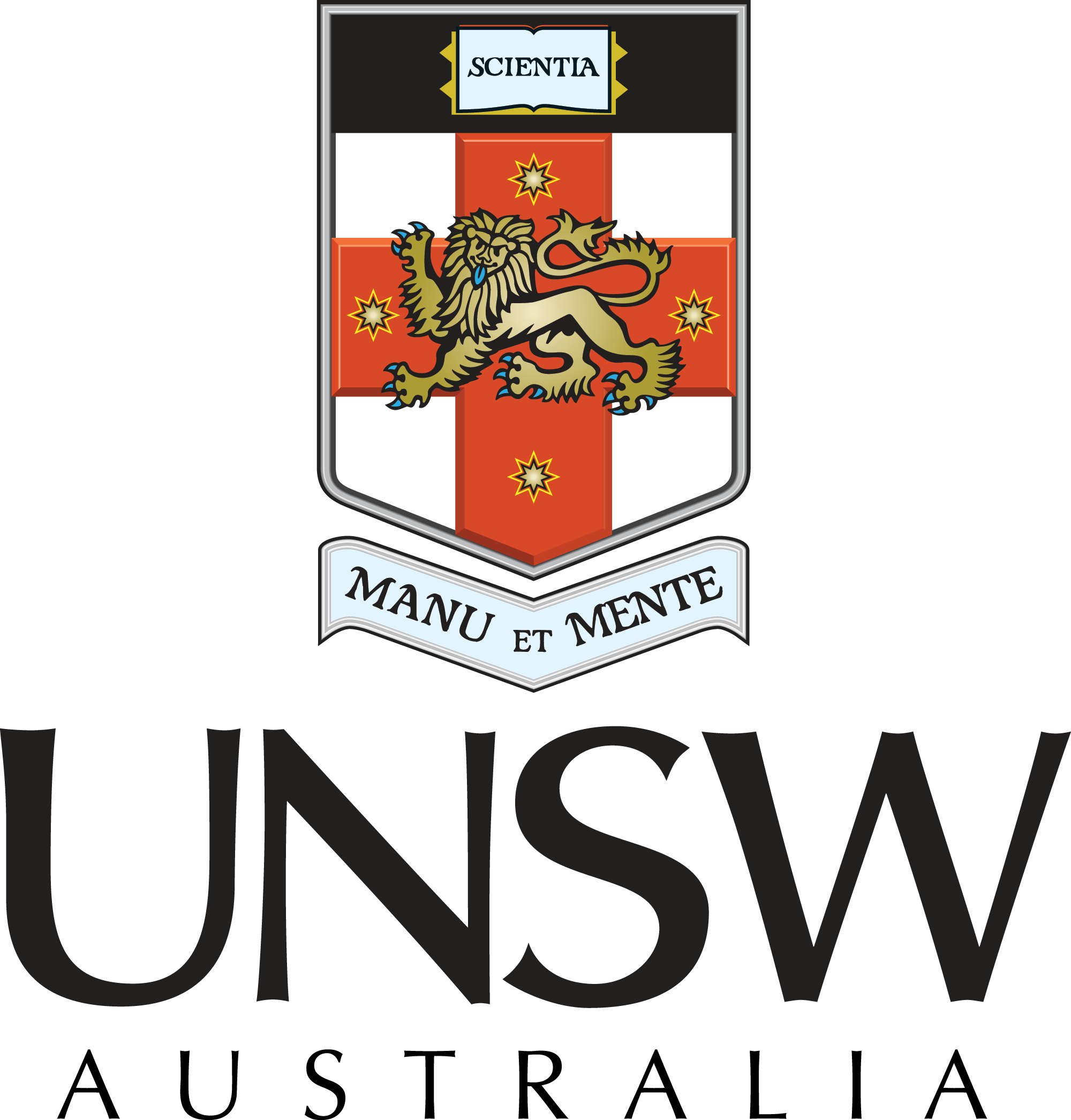Nanocom Research Group
School of Computer Science and Engineering
WELCOME TO OUR WEBSITE
Nanocom Research Programs/Activities:
The work of Nano Communication (Nanocom) Research Group is motivated by recent advances in nano(-bio-)technology and synthetic biology.
Many advances have been made in nanotechnology in the material and device levels. These advances at device level will enable the development of nanomachines which can compute, sense, actuate and harvest energy. These nanomachines have small form factor but limited capability. If these nanomachines can collaborate, then a network of nano-machines can perform more complex tasks than those that can be done by a single nano-machine.
Similar progress has been made in nano-biotechnology and synthetic biology. It is now possible to engineer synthetic cells that can perform specialised sensing functions. If these synthetic cells (which are the biological equivalent to nanomachines) are able to communicate with each other, then they can perform more complex tasks.
Our Research focuses on two areas:
1. In Molecular communication, our aim is to understand the role of molecular circuits (which are networks of chemical reactions) play in the communication between nanomachines. The key problem is that chemical reactions are inherently stochastic, so we want to use communication theory to understand how nanomachines can use chemical reactions and transport to communicate in the presence of stochasticity.
2. In Nanoscale wireless communication, our aim is to come out with novel applications and devices that make use of nanoscale wireless communication. We have proposed to use nanoscale wireless sensor networks (NWSNs) to improve the selectivity of chemical reactors and have studied how communication can impact on the application performance. In particular, our studies show how NWSNs can deal with time-varying channels and limited energy.
We invite you to browse through this website. We are active both locally and internationally. In Australia, the Nanocom group is a member of the Australian Nanotechnology Network (ANN). Internationally, we are actively involved in the ACM Conference on Nanoscale Computing and Communications (NanoCom). Our research has also won a number of prizes.
Scale of Nanocommunication Research Effort:
A total of 4 people are involved including one professor, one associate professor and 2 PhD students. There are three external collaborators as well. Research publications are regularly updated in publications section.
Nanocommunication research facility:
There is a wireless networking laboratory hosting various networking simulation tools as well as macro-scale wireless communication equipment.
Contact Information
Email: ctchou@cse.unsw.edu.au
School of Computer Science and Engineering , University of New South Wales Sydney NSW 2052, Australia
Telephone: +61-2- 9385 7203
Fax: +61-2-9385 5995
